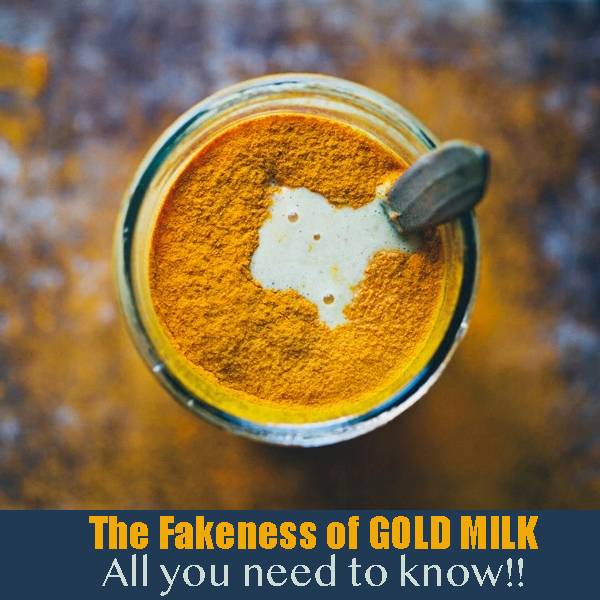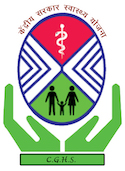Panchakarma Treatment for Ulcerative Colitis

Depressed, devoid of hopes, irritated and uncertain- after meeting and consulting thousands of ulcerative colitis patients- these are a few things that appear in my mind when someone talks about an ulcerative colitis patient. Patients are not wrong, at all. The condition turns them to this condition. When you cannot eat properly, your body doesn’t support you- certainly, you will be in pain for the whole day. And the comment that “you need to live with this condition for the rest of your life” brings a lot of uncertainty and hopelessness. But Panchakarma is something that can fill you with hope. Here we will discuss in detail Panchakarma treatment for ulcerative colitis. And will try to answer all the queries about the treatment of UC with Panchakarma in Ayurveda.
Ulcerative colitis is a type of inflammatory bowel disease (IBD). It causes ulcers, or sores, to form in the lining of the large intestine and rectum. Ulcerative colitis can be painful and may lead to other health problems.
There is no cure for ulcerative colitis, but there are treatments that can help lessen symptoms and keep the disease in remission. If you have ulcerative colitis, it’s important to work with a healthcare team to create a treatment plan that’s right for you.
What Are the Symptoms of Ulcerative Colitis?
The symptoms of ulcerative colitis vary from person to person. They may range from mild to severe and can come and go. Some people have long periods of remission when they have no symptoms at all.
The most common symptom of ulcerative colitis is bloody diarrhea. Other symptoms may include:
- Abdominal pain and cramping
- Urgent need to have a bowel movement
- Weight loss
- Loss of appetite
- Fatigue
- Fever
- Anemia (low red blood cell count)
- Eye inflammation and pain
- Joint pain
- Mouth sores
Bloody diarrhea is the most common symptom of ulcerative colitis. Other symptoms may include abdominal pain and cramping, urgent need to have a bowel movement, weight loss, loss of appetite, fatigue, fever, anemia (low red blood cell count), eye inflammation and pain, joint pain, and mouth sores.
When we focus on the Panchakarma Treatment for Ulcerative Colitis we certainly don’t care much about the signs and symptoms. The main concern is- the pathology.
Types of UC
Ulcerative colitis is classified according to its site. The following are examples of ulcerative colitis:
- Ulcerative proctitis is an inflammation of the rectum that causes bleeding. The disease’s focus is near to or around the anus, and only rectal bleeding might be a symptom.
- Proctosigmoiditis. This is inflammation of the rectum and sigmoid colon (the lower end of the colon). Bloody diarrhea, abdominal pain and cramps, and a difficult time moving your bowels despite a strong urge to do so are all symptoms.
- Left-sided colitis. The inflammation extends from the rectum to the sigmoid and descending colon. Bloody diarrhea, stomach cramps, and discomfort on the left side are all symptoms.
- Pancolitis. Small, thin, and flexible tubes that may be smooth or ridged are sometimes called sigmoid colonic polyps. Polypoid tumors are examples of this type, which generally affect the entire colon and cause bouts of bloody diarrhea that can be severe.
Pathology of Ulcerative Colitis
The cause of ulcerative colitis is unknown, but it’s thought to be a combination of environmental factors and genetics. It’s an autoimmune disease, which means the body’s immune system attacks healthy tissue. In people with ulcerative colitis, the immune system targets the cells in the lining of the large intestine and rectum.
This inflammation leads to ulcers, or sores, that bleed and produces pus. The inflammation can also damage nearby tissues. overtime, this can lead to other health problems such as malnutrition, dehydration, and anemia.
Ulcerative colitis is a chronic disease, which means it lasts for a long time and may come and go.
What Makes UC Incurable?
The main reason why UC is incurable as of now is that the root cause of the disease – autoimmune response – has not been completely understood. While there are treatments available that can help lessen the symptoms and keep the disease in remission, there is no cure for ulcerative colitis as of now.














